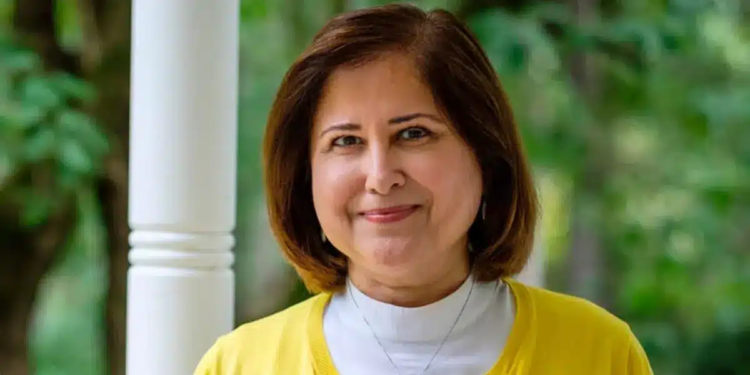A few days after the historic election of Zohran Mamdani as mayor of New York, another symbolic victory confirms the rise of voices from diversity in the United States. In Virginia, Ghazala Hashmi, 61, became the first Muslim woman and Indian-American elected vice governor of the state.
A double victory for the representation of minorities
Democratic candidate, Hashmi beat conservative John Reid after a campaign marked by progressive themes: climate, affordable housing and social justice. She joins newly elected governor Abigail Spanberger, the first woman to lead Virginia.
This victory echoes that of Zohran Mamdani, elected mayor of New York, and who also embodies the renewal of a younger, more inclusive and more militant political class, breaking with the traditional codes of American power.
Both symbolize the sociopolitical transformation of the United States: that of a country where voters grant an increasing place to ethnic and religious minorities in local and federal governance.
Born in Hyderabad (India), Ghazala Hashmi emigrated to the United States to join her father, a professor in Georgia. Raised in an academic environment, she became involved in politics in reaction to the “Muslim Ban” imposed by the Trump administration, which banned nationals of several Muslim countries from entering the United States.
In 2019, she already became the first Muslim woman of Indian origin elected to the Virginia Senate. Her election to the post of vice-governor marks an additional step in this journey, but also in the political history of a state long dominated by white and conservative elites.
The parallel with Zohran Mamdani
In New York, Zohran Mamdani, son of the Ugandan writer Khadija Mamdani and the Indian-American director Mira Nair, established himself as the first Muslim mayor of the metropolis. Also a democrat, he built his victory on a strong social discourse, denouncing economic inequalities and systemic discrimination.
The paths of Mamdani and Hashmi echo each other: both illustrate a changing America, where the commitment of immigrant communities is now at the heart of power.
Read also








